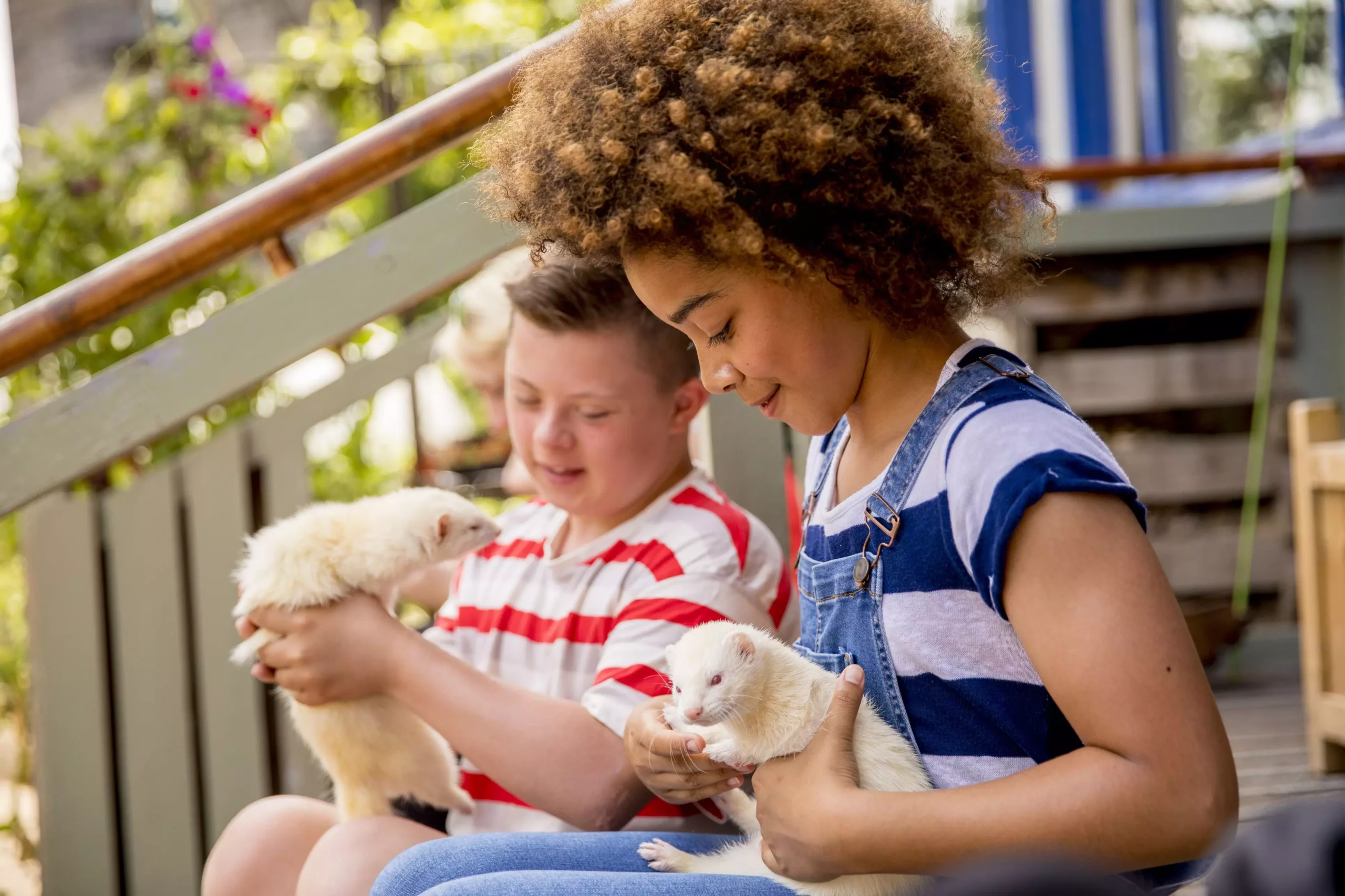As more people reconsider what it means to have a pet, ferrets have emerged as an increasingly popular option among animal lovers. Their quirky personalities, playful antics, and genuine affection for humans make them captivating companions. However, owning a ferret is not without its challenges. Understanding their unique needs can lead to a rich, rewarding experience filled with laughter and bonding.
A Unique Blend of Playfulness and Intelligence
Ferrets are renowned for their playful nature and innate curiosity. They embody a unique combination of dog-like exuberance and cat-like independence, resulting in a dynamic pet that can quickly become the center of your household’s attention. With an average size of 13 to 16 inches and weighing between 1.5 to 4.5 pounds, these small creatures have an undeniable big personality. It’s fascinating to watch them as they explore their environment, often getting into places where few pets dare to venture.
One key aspect of their personality is their need for social interaction. Ferrets thrive when they are given ample attention and can bond closely with their owners. For those considering bringing one into their home, it’s vital to understand that ferrets are most active during dawn and dusk. This means owners may need to adjust their routines to align with their pet’s lively moments, making it a shared experience that can strengthen their bond.
Creating an Ideal Environment for Your Ferret
Setting up a suitable habitat for a ferret is relatively straightforward, yet it requires careful consideration. A roomy multi-level cage is essential, with a minimum size of 2 feet by 2 feet by 3 feet, allowing these agile animals to climb and explore. However, ferrets are notorious escape artists, so it’s crucial to ensure that all doors are securely latched and there are no gaps large enough for them to squirt through.
The environment should be designed not only for their comfort but also for their safety. Ferret-proofing your home involves removing any hazards that could harm them, including electrical cords, toxic plants, or small items that could be ingested. While they’ll enjoy playing outside their cage, it’s imperative to keep a vigilant eye on them. Ferrets are experts at finding mischief, and proper supervision is essential.
The Nutritional Needs of Ferrets
Diet is another key aspect of ferret care. As obligate carnivores, ferrets require a diet rich in animal proteins and fats. Owners should prioritize high-quality commercial ferret food and avoid sugary or high-fiber treats. Interestingly, ferrets have a high metabolism and require to eat several times throughout the day. This means that one must ensure that they have access to food and clean water at all times, which can sometimes be a challenge for first-time owners.
Incorporating occasional cooked lean meats or eggs can add variety to their diet. Owners should be cautious, however, as certain foods can be harmful. Building a routine around feeding and monitoring their diet can create a stable and healthy existence for these energetic pets.
Health Considerations for Ferrets
Health issues are part of the reality of ferret ownership, with adrenal gland disease, digestive disorders, dental problems, and lymphoma being common concerns. Regular veterinary check-ups are crucial. It’s important to find a veterinarian familiar with the specific needs of ferrets, as not all vets have experience with these unique animals.
Ferrets are also known for their distinctive smell, which can be addressed with regular grooming and periodic baths. Contrary to common belief, frequent bathing can lead to more pronounced odors due to the natural oils on their skin. Thus, establishing a grooming routine that includes nail trimming and occasional brushing can support their overall health and hygiene.
Training and Socialization
Training ferrets can be a delightful journey for owners. They can learn to use a litter box effectively, and many even take well to walking on a leash. Starting early with harness training can make outside exploration enjoyable and safe. Positive reinforcement is key; rewards for good behavior can help establish a trusting relationship that benefits both the owner and the pet.
Socialization should begin early, as ferrets that are well-integrated with humans often become more affectionate and engaged. However, they are known to nip when startled or annoyed, so consistent handling and gentle training can mitigate this behavior.
Owning ferrets can bring unparalleled joy, but it entails commitment and an understanding of their needs. With the right environment, attention, and care, these charming creatures can thrive as part of the family, creating endless moments of joy and companionship.


Leave a Reply